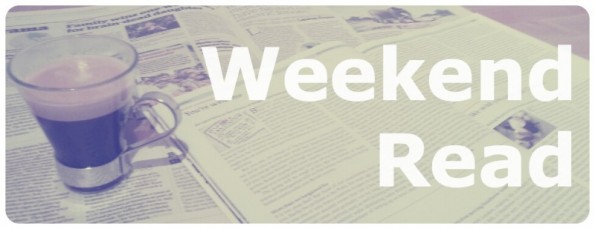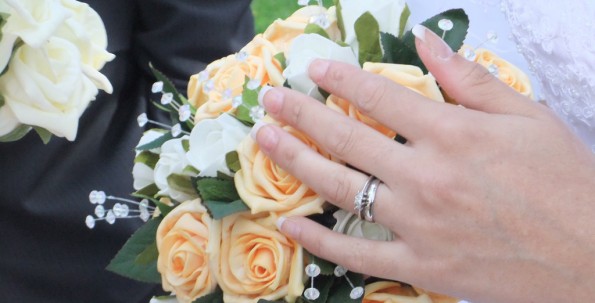What happened to the book critics?

There’s an article in the latest edition of The Economist which laments the death of the hatchet job in book reviewing. At first, I enjoyed it mostly for the bitchy quotations from bad reviews:
It is delicious to know that one reviewer called John Keats’s poetry “drivelling idiocy”. It is more pleasing yet that Virginia Woolf considered James Joyce’s writing to be “tosh”. And surely no one can be uncheered to hear that when the critic Dorothy Parker read “Winnie the Pooh” she found it so full of innocent, childish whimsy that she—in her own moment of whimsical spelling—“fwowed up”.
And:
In the Victorian era, “reviews were seen as a kind of cultural hygiene, so there were high standards,” says Robert Douglas-Fairhurst, a professor of English at Oxford University. Reviewers were not merely taking a swipe at an enemy but cleansing the sacred halls of literature. Not that this stopped them from mild grubbiness themselves. For example, one reviewer called a fellow writer’s work “feculent garbage”; the reliably robust Alfred Tennyson called yet another “a louse upon the locks of literature”; while John Milton (apparently having momentarily lost paradise again) described another as an “unswill’d hogshead”.
And:
One of the most famous poems of the Roman writer Catullus is a riposte to critics who accused him of being effeminate. “Pedicabo ego vos et irrumabo,” he wrote, which means (broadly speaking): “I will sodomise and face-fuck you.” Not the sort of thing you see in the Times Literary Supplement these days.
But the comments later in the article about the effect of the internet on book reviews came to linger longer in my mind. The article argues that the risk of a social media pile-on has led to fewer scathing reviews.
I then came to read an article by Megan Nolan in the New Stateman and one by Helen Lewis in The Atlantic, both criticising the negativity of the online book-themed social media site Goodreads. They both cite the same examples in some cases, and make the point that many people on the site review books even without reading them.
At first, I was slightly taken aback at how this implies people use Goodreads: I mostly use it to see what people I know in real life thought of books, not to look at the aggregate scores and (seemingly aggressive) reviews of random strangers. I’m not certain why people would attach much weight to this.
And secondly, I thought about how this is a good example of the complexity of the influence of the internet on systems. According to these three articles taken together, the internet has vastly decreased the likelihood of a book being panned by a critic, making professional reviews less valuable as a result of them essentially becoming less discriminating. At the same time, it has drastically increased the likelihood of an amateur reviewer having a disproportionate effect through sharing opinions uninformed by the most basic facts.
It feels like that that might read across to other areas of life, too.
The image at the top of this post was generated by Midjourney.
This post was filed under: Post-a-day 2023, Helen Lewis, Megan Nolan, New Statesman, The Atlantic, The Economist.



